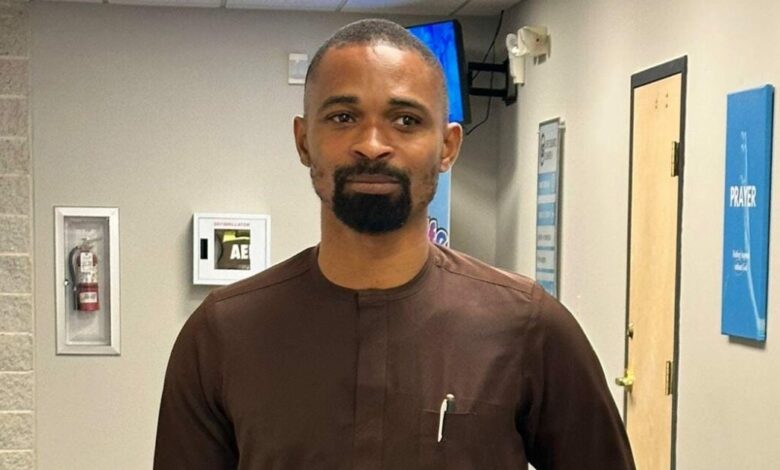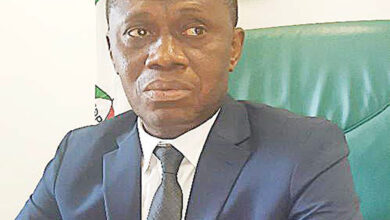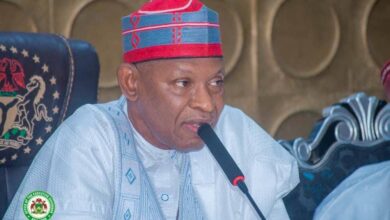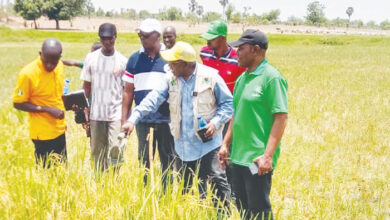AI to transform educational research, expert predicts

A research consultant and statistics expert, Victor Essien has predicted that in the next 5-10 years, the field of educational research and measurement will be driven by Artificial Intelligence and Machine Learning, noting that the sector will undergo a significant transformation, driven by technological advancements and a growing emphasis on personalised learning.
In a statement he signed and made available to PUNCH Online on Friday, he said that as Artificial Intelligence and Machine Learning are becoming increasingly integral to the assessment process, maintaining that ethical considerations such as privacy and equity will become paramount.
“Looking into the future, the potential of AI and ML will revolutionise educational testing and measurement,” the statement read.
His ongoing research explores the application of Artificial Intelligence and Machine Learning in educational assessment, with a focus on optimising item selection, automating scoring, and improving assessment design.
According to him, he has encountered several challenges in his work, including measurement errors due to cultural and linguistic biases in test items, adding that to address these challenges, he has worked on cross-cultural test adaptation strategies and used statistical techniques like IRT to ensure that test items function equally across different groups.
He pointed out that his motivation for pursuing a career in education measurement and assessment stems from his desire to improve the fairness and accuracy of educational assessments.
“Having witnessed firsthand the impact of reliable and valid testing on students’ futures, I dedicate my career to refining these processes.
“As a researcher, I stay current with the latest developments in education research and measurement by engaging with peer-reviewed journals, attending conferences, and participating in specialized workshops.
“One of my key research interests is equity in education measurement, which highlighted the biases that can exist in standardised assessments, particularly in high-stakes testing.
“By refining test items, improving scaling techniques, and using more adaptive assessments, I am sure that a fairer measurement system can be created, one that is more inclusive of diverse student populations,” he said.
He envisioned a future where adaptive assessments tailored to individual students’ needs become the norm, reducing test fatigue and improving accuracy, stressing that his ongoing research projects, including his work on optimizing item selection in large-scale assessments, demonstrate his commitment to harnessing the power of AI and ML to improve educational measurement.
“As the field continues to evolve, my expertise and innovative approach will undoubtedly play a significant role in shaping the future of educational research and measurement.
He stated his commitment to making a lasting impact on the field, adding that his dedication to improving the accuracy, fairness, and validity of educational assessments has already begun to shape the future of educational research and measurement.





